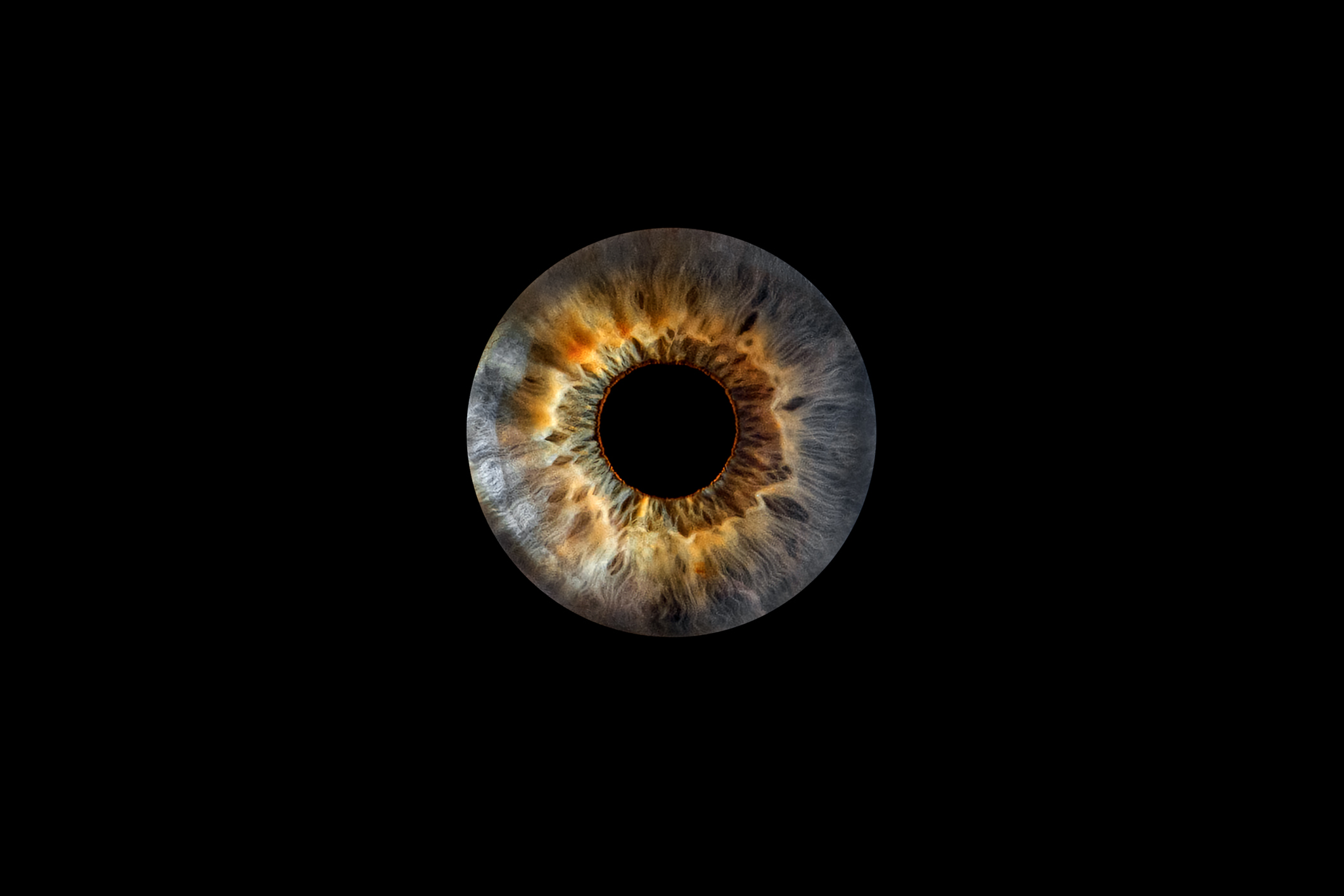The loss of sight significantly impacts the lives of older adults creating obstacles to independent living, social interaction, cognitive engagement and overall quality of life. Protecting eyesight in middle age by controlling underlying health conditions can help ensure seniors are able to enjoy life to its fullest – and new research has found that being overweight can be destructive to immune system cells, which may be harmful to aging eyes.
As reported by Science Daily, researchers from the University of Montreal recently published a new study demonstrating the molecular mechanism that may lead to age-related macular degeneration (AMD). The research shows how factors such as lifestyle and environment may contribute to disease development, increasing the risk for conditions like AMD. Obesity was found to be a contributing factor in AMD. When the body is exposed to stressors like excess fat, immune cells are activated and changes in the DNA structure within immune cells make them more susceptible to producing inflammatory molecules. Contact with pathogens like bacteria and viruses can also trigger abnormal immune cell behaviour.
The research demonstrates that obesity or a history of obesity can lead to immune cell changes that make being overweight the leading non-genetic risk factor, after smoking, for AMD. The research may also pave the road for more studies into how obesity can contribute to the development of other diseases, including those linked to inflammation in the brain like Alzheimer’s disease and multiple sclerosis.
Age-related macular degeneration is a major cause of irreversible blindness, affecting about 196 million people globally in 2020. Dry AMD is characterized by the accumulation of fatty deposits at the back of the eye and the death of nerve cells in the eye. Wet AMD is characterized by diseased blood vessels that develop in the macula – the part of the eye that processes central vision.
The risk of developing macular degeneration increases with age. Seniors over the age of 75 have a 1 in 3 chance of developing AMD. The degeneration often starts with a diminished ability to see in low light, and as the condition worsens, people may experience wavy or blurred vision which can lead to a complete loss of central vision. Learn more about how to reduce your risk for AMD by following this link to the American Macular Degeneration Foundation website.






Add Your Voice
0 Comments
Join the Discussion